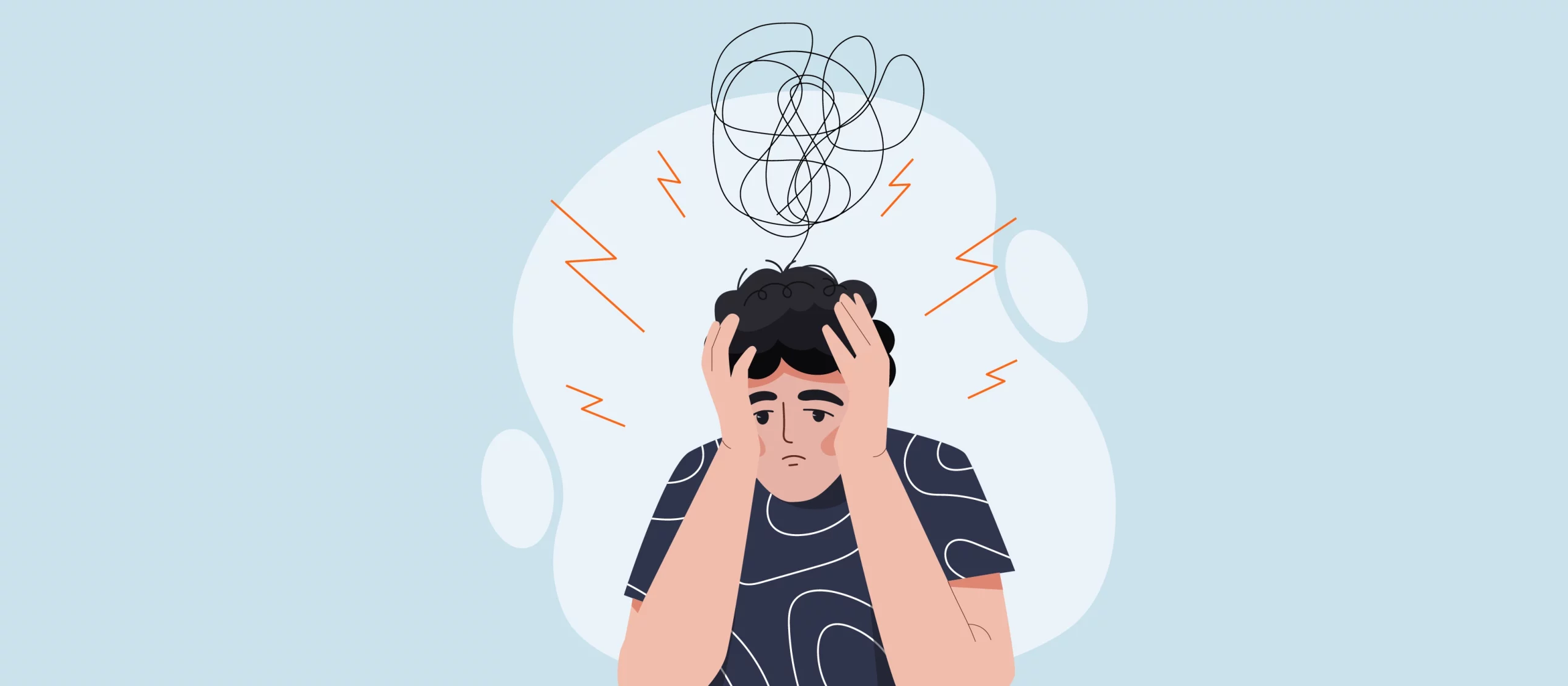Schizophrenia is a severe and long-term mental disorder affecting one’s thought processes, mood, and behaviors. It involves delusions, hallucinations, disorganization in thinking, and inhibition of functioning. Due to its notorious nature as a challenging and even underappreciated psychiatric condition, schizophrenia calls for expert therapy for symptom relief and enhancement in living standards. Inpatient therapy is just one solution aimed at effectively controlling symptoms as well as quality of life enhancement.
Understanding Schizophrenia
Schizophrenia generally emerges in late teen years to early 30s and is equally common among men and women. The etiology of schizophrenia is not clearly understood, but it is believed to be an interplay of genetic and environmental influences. Neurotransmitters like dopamine and serotonin in the brain are implicated in the development of schizophrenia.
Symptoms of Schizophrenia
Schizophrenia is broadly categorized into positive and negative symptoms:
- Positive Symptoms: These are symptoms that supplement normal behavior, including
- Hallucinations (e.g., hearing voices or seeing nonexistent things).
- Delusions (incorrect beliefs, like believing one has special abilities).
- Disorganized thinking (manifest in speech that is confusing or incoherent).
Negative Symptoms: These are a loss or reduction of normal activities, including:
Withdrawal from society or absence of feeling.
Difficulty with performance of activities of daily living.
Loss of motivation.
Treatment Methods for Schizophrenia within an Inpatient Environment
Treatment of schizophrenia typically consists of a multidisciplinary approach, with the use of a combination of medications, therapy, and supportive care. Inpatient treatment is usually required for acute symptoms or when the patient is at risk of harming themselves or others. The following are the main elements of inpatient treatment:
1. Antipsychotic Medications:
– The cornerstone of treatment for schizophrenia is antipsychotic medications. These medications exert their effects by altering the action of neurotransmitters, particularly dopamine, to control symptoms like hallucinations and delusions.
– First-generation antipsychotics (e.g., Haloperidol) are generally prescribed for controlling positive symptoms, but they have the potential to induce extrapyramidal side effects (like tremor and rigidity).
– Second-generation antipsychotics (e.g., Risperidone or Olanzapine) are usually the first choice in inpatient facilities because they have a more favorable side effect profile and are useful in controlling both positive and negative symptoms.
2. Psychosocial Interventions:
– Cognitive-behavioral therapy (CBT) is a key treatment to enable patients to deal with their delusions, hallucinations, and emotional reactions. CBT assists in enhancing patients’ social functioning and self-esteem.
– Family therapy is also important in that it teaches the family how to cope with the patient and manage stress levels.
– Social skills training assists a person in enhancing his/her communication and interpersonal skills that are usually compromised due to schizophrenia.
3. Individualized Care:
– The treatment plan for each patient is individualized according to their special needs. Inpatient treatment enables intensive, individualized care, with close monitoring by psychiatric and medical staff.
– Case management is necessary to evaluate the patient’s progress, plan for discharge, and provide continuity of care through outpatient services.
4. Psychiatric Rehabilitation:
– Once stabilized, patients may undergo psychiatric rehabilitation programs. The programs emphasize vocational skills, education, and reintegration into the community. In inpatient treatment, this might involve organized activities to enhance daily living skills and alleviate social isolation.
5. Safety and Supportive Care:
– Inpatient care also ensures that patients are in a safe environment, with 24/7 monitoring by trained professionals. This is crucial for patients who may be experiencing acute psychotic episodes and need to be closely supervised.
Discharge and Ongoing Care
After the patient’s symptoms are stabilized and controlled, they are usually discharged to outpatient care. This is an important transition, and follow-up treatment, such as regular psychiatric visits, medication management, and ongoing psychosocial support, is vital to long-term recovery.
Conclusion
Schizophrenia is a chronic disorder that necessitates treatment on an ongoing basis. Inpatient treatment offers a structured, supportive setting where patients can stabilize, receive medical and psychological attention, and initiate their recovery process. Early treatment, proper management, and ongoing support are crucial to enhancing the prognosis of individuals with schizophrenia. Collaborative care, involving healthcare professionals, families, and the patient themselves, guarantees that patients live productive and satisfactory lives in spite of the problems of this severe mental illness.


